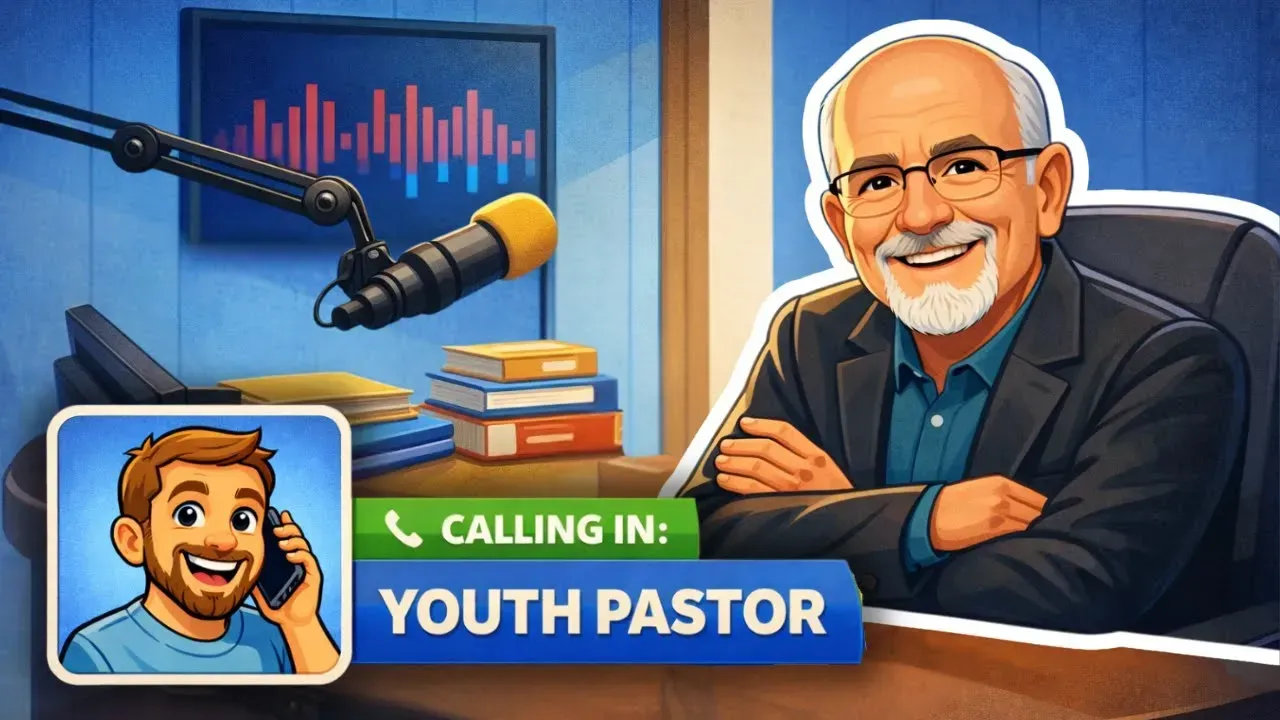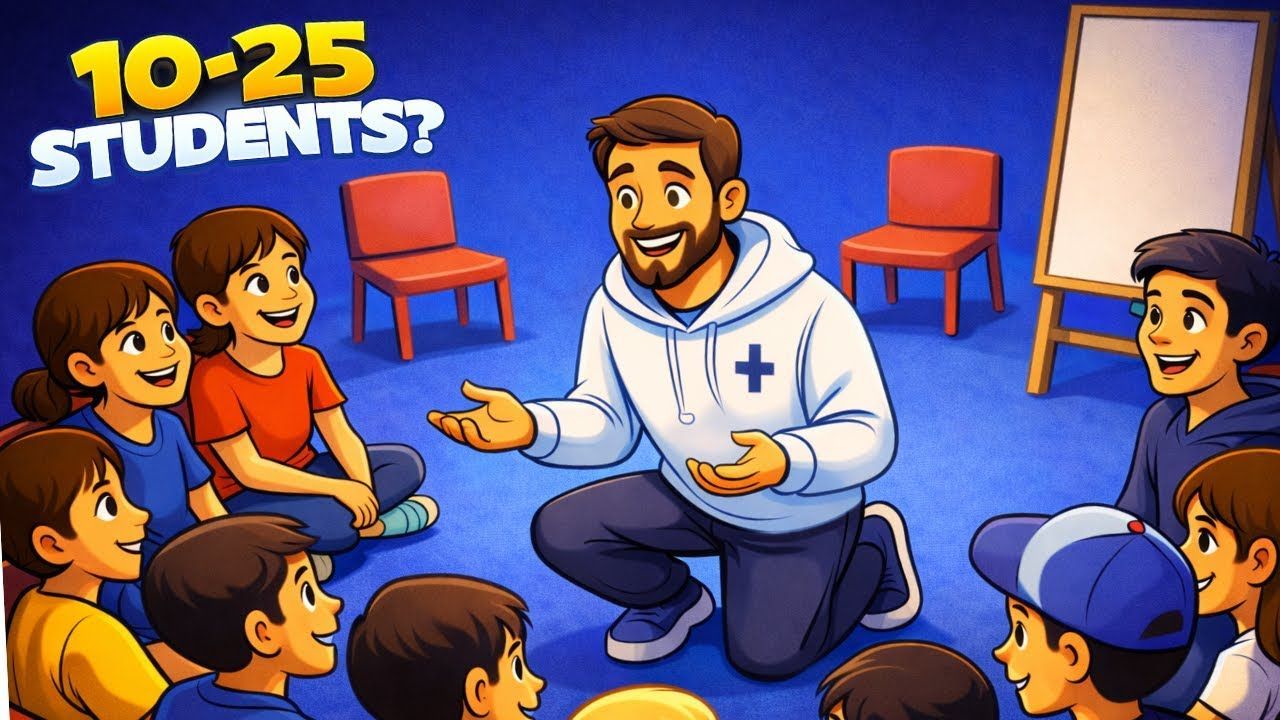4 Skills Every Youth Pastor Needs in 2025
Essential Skills for Youth Pastors in 2025: Navigating Challenges and Fostering Growth
Only 47% of pastors report feeling very satisfied with their ministry, a statistic that highlights the widespread feelings of overwhelm and burden many experience. This is especially true for youth pastors, who often find themselves stretched thin and seeking new ways to revitalize their ministry. This episode delves into four essential skills every youth pastor needs in 2025 to combat burnout, foster authentic spiritual growth in students, and equip them to thrive in a complex world.
Skill 1: The Power of "No"
One of the most critical skills for youth pastors to develop is the ability to say no. As Ryne wisely put it, having a clearly defined vision makes it infinitely easier to discern what aligns with your goals. If something doesn't help accomplish your bold vision, the answer should be a resounding no.
It's easy to get caught in a cycle of saying yes to everything, especially when you're dedicated to your ministry. However, this often leads to feeling stretched thin and ineffective. Consider Ryne's experience with the "to-don't list." By eliminating seemingly necessary but ultimately unproductive tasks, like printing weekly bulletins that no one missed, he freed up significant time and energy.
Saying no isn't just about protecting your time; it's about protecting your ministry's mission and your personal well-being. This includes setting boundaries for your family time and learning to have difficult conversations with senior leadership when asked to take on too much. It's important to remember the biblical principle of equipping the saints, not doing all the work yourself. A healthy ministry empowers others, as highlighted by the "kidney stone test"—could your ministry function if you were unexpectedly absent?
For those who struggle with saying no, here are some actionable tips:
- Start small: Practice saying no to minor requests to build confidence.
- Understand the 80/20 rule (Pareto Principle): Focus your energy on the 20% of tasks that yield 80% of the results. Identify what truly moves the needle in your ministry and prioritize those activities.
- Have a clearly defined, bold vision: This serves as your filter, making it easier to evaluate opportunities and decline those that don't align.
Skill 2: Cultivating Cultural Discernment
In today's rapidly changing world, youth pastors must equip students with the ability to teach cultural discernment. It's no longer enough to simply impart biblical truth; we must teach students how to apply that truth to real-world situations. As the saying goes, "We cannot protect our kids from everything, but we can prepare them for anything."
Today's teens are asking deeper, more complex questions, as exemplified by a student asking how to navigate a school play where their love interest was played by a male who had transitioned to female. These aren't simple theological queries; they demand nuanced, biblically informed responses.
Youth pastors serve a vital role in helping students develop their "decision-making muscles." Just as an authoritarian parenting style can hinder a child's ability to make independent choices, a ministry that only provides answers without fostering critical thinking leaves students unprepared for life outside its safety net. We need to help students:
- Be indwelled with the Holy Spirit: This is the foundation for spiritual understanding.
- Learn to interpret God's Word: Equip them to understand biblical principles for themselves.
- Develop situational ethics: Guide them in applying biblical truth to complex, real-life scenarios.
To build this muscle, create opportunities for students to engage with real-world examples. Use discussions, case studies, or even relevant social media clips to prompt them to think biblically about contemporary issues. The goal is to train them to pause, consult God's Word, and respond with discernment rather than immediate emotional reactions.
Finally, remember to "shine the light, don't curse the darkness." While there are times to boldly declare what is wrong according to scripture, our primary focus should be on presenting the hope and transforming power of the Gospel. If we are known for pointing fingers and condemning, we miss the opportunity to offer something better. The Gospel should remain the unwavering center of everything you do, empowering students to live out their faith in a way that attracts others to Christ rather than alienates them.











